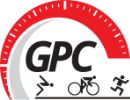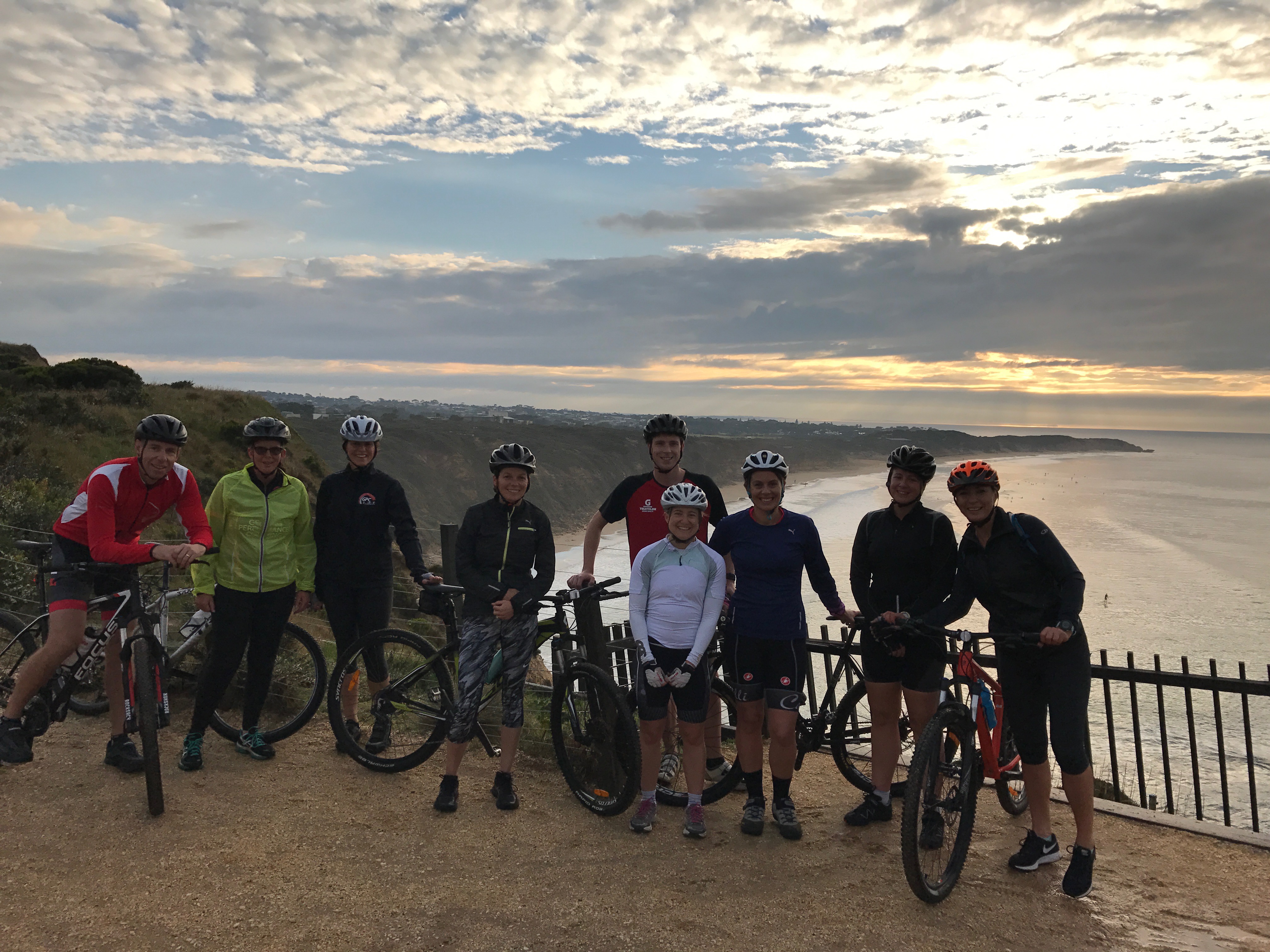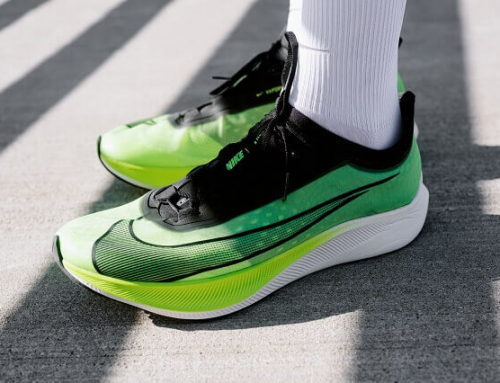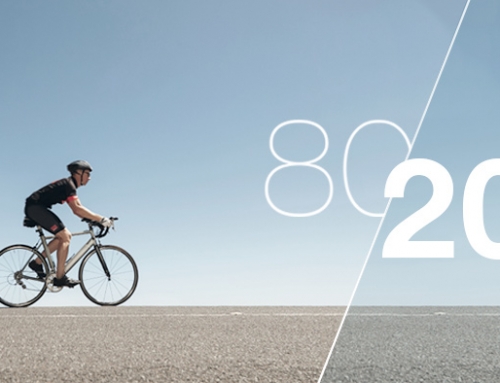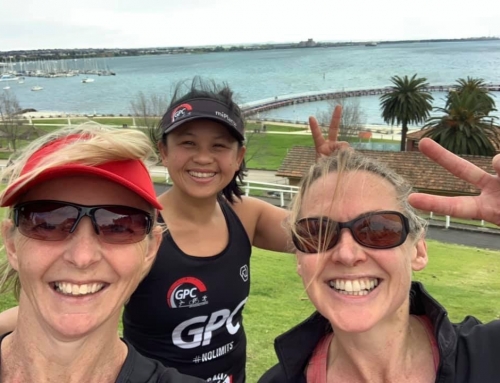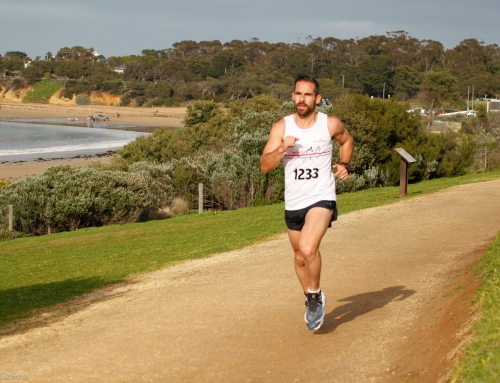WHY IS WINTER TRAINING SO IMPORTANT
Winter training is when you build an athlete for a good summer season of racing.
Is it like building a strong and tall castle brick by brick. If the foundation is weak, then the top of the castle will collapse when the going gets tough.
If you are waiting for the sunshine and warm weather to start training properly, then you are missing the point of what needs to be done to have a good summer of racing.
But it needs to be done properly and it needs to be a step by step approach.
Start with rest
Rest is of course very important. If you don’t rest, you won’t last in a hard sport like triathlon and if you don’t lose a bit of fitness, then you will end up always being fit but never super fit. To gain high level of fitness, you need to lose a bit of fitness first.
After a long season of racing, your body and mind needs healing from all the hard work and from that perfectly timed but demanding routine that is training, work and family. Having a break is also a way to give back to your job and family by focusing on them more. The family especially, or partner, kids and/or friends will need that time away from a strict routine or they might not sustain the rhythm when you decide (or your coach) that it is on again.
What is a break?
A break is of course individual. I prefer active recovery over passive recovery. As an Age Grouper, we don’t have as much time to build up a big base after the off season like the Elites do. So keep the body moving gently even via other sports (walking, hiking, MTB, surf…)
As a coach, you get to learn what each athlete needs. Basically, the aim is to have one week fully off, one week of easy 30 to 45min per day then 2 to 4 weeks of light training (1h to 90min per day) with an endurance and little intensity focus. It depends of course when the next big target is.
Don’t think about triathlon much during that time and unplug mentally too. If you cannot do this, triathlon will take over, it will take away too much from your life and you might end up stopping the sport all together.
A break means triathlon is the not the main focus hobby wise anymore and it means you think and do other stuff, as simple as that.
What pace is the right pace?
Easy, easy and easy. Train on your own for a while if needed but get back into at your own pace after a break. Best way to get sick or injured to come back into it too strong, too fast or with too much volume. Remember the 10% (max) increase per week rule!
Don’t fall into the trap of not being satisfied if the session wasn’t hard or did not kill you. Building an engine is training in the right zones to help build a strong body.
It is like pushing a car constantly to the max RPM, it will go fast for a while but it will end up breaking from being pushed too much.
Look after your engine and do most of your training between 60 & 70% of your max heart rate (MHR), especially in the winter. Please do not use 220 minus your age equation. Heart rate (HR) is very individual and varies a lot from one person to another.
Head to your local lab to do a Vo2max test or a lactate/HR test if no spirometer is available. Then you will have all your HR zones sorted for you. You can work with power on the bike or you can work on % of your FTP (Functional Threshold Power). Swimmers can work on lactate levels compared to HR if their coach is equipped. The issue with basing your training on sport science is that it can get lonely as you need to stick to your own specific heart rate or power value which may mean not training with the main group. It is hard to train as a group if everyone has to stick to a certain heart rate or power.
I feel lost & unmotivated, what do I do?
Winter training can be a hard time of the year to find motivation. How do you fix this? This is individual but I would say to target one or two important long term goals and target some short terms goals that will keep you training and motivated even when it is cold and raining outside. Whatever it is, there is no right or wrong when it comes down to finding motivation. Without motivation, you won’t reach your goal!
It could be a sporty body, weight loss, improve health, improve times, feel better, socializing, fun, do an Ironman, get on the podium, race locally, do a spin class…
Whatever excites you, talk to your coach about it and see if it can be included in your program. Without fun and excitement, you won’t last long in a tough sport like triathlon and is it really worth all the sacrifices and bad patches without having fun along the way? Not for me, that’s for sure. Personally, I always target a couple of big goals a few months away. I want to win ITU Worlds Sprint in September and break 9 hours at IMWA in December. Regarding the short terms goals, I love racing the Geelong Cross Country Club races from May until September. These races help me get out the door to train and I look forward to racing them for fun and as part of my training every week. Now, think about it yourself. What gets you out of the door?
What is a proper build?
Again, this is very individual and a good coach will customise each build accordingly but if I have 6 months (28 weeks) and for whatever the distance in triathlon I would do the following after a triathlon season. I really don’t believe in reverse taper or I don’t believe in going hard (or easy) all year round. This is my take on a build:
2 weeks off/very little training
4 weeks pure endurance training and no big volume
10 weeks of strength/endurance/technique focus with some tempo work with volume
10 weeks of speed or specific work with racing included and less volume unless it is an Ironman
2 weeks of taper or easy training
Famous last word
I have met plenty of kings of winter that were cooked by Christmas. If you smash your competition in the winter, ask yourself if your level of intensity has the right balance with endurance in your training schedule.
Just remember that we are summer athletes and not winter athletes so we need to peak and be fit when it counts. Winter is a great time to work on strength, technique and endurance base work.
You can also focus on little blocks of training to improve a weakness between May and September.
Have fun and we are happy to help if needed with any goals and whatever your level.
Interested in GPC’s coaching services? Contact us or check out our coach bios.
Also check out Stephane’s blogs on Being Coachable and Feedback & Communication for Athletes.
